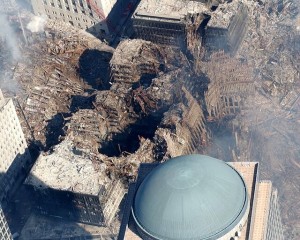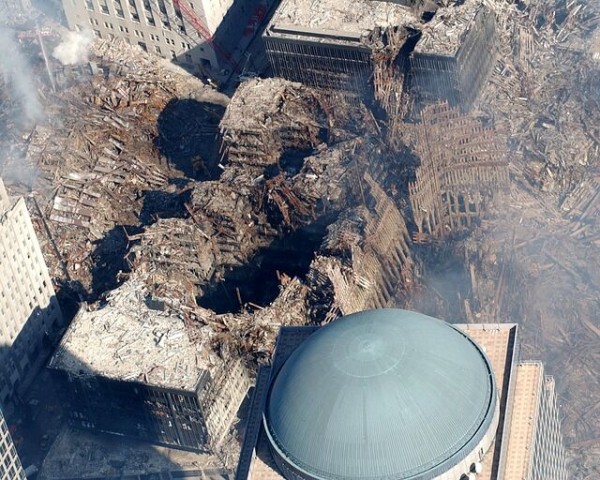
By Janice Tieperman
Science Editor

With each passing day, it seems as though the world of technology is bringing newer and fancier devices to the table.
Some gadgets appear to be as progressive as they are creative, such as LG’s new curved television. However, other computerized creations are beginning to leave serious doubts in the minds of consumers.
One such item is the Oculus Rift, a gaming platform that enables the player to enter a virtual reality of the game they’re playing by simply strapping on a pair of goggles.
While this creation has brought tremendous new opportunities by physically simulating players of many well-loved games, it has begun to take public criticism due to a recently released program that allows individuals to journey through the events that occurred inside the World Trade Center on 9/11.
Madison Moore of the Software Development Times (SD Times) has reported that “Students at a French University, Ecole Nationale des Jeux et Medias Interactifs et Numeriques, dubbing it [8:46], which was the time when the first plane hit the World Trade Center.”
While the simulation was released on the anniversary date marking the terrorist attack, it has come under new scrutiny as more major news sources have become aware of its existence.
Newspapers such as the New York Daily News (NY Daily News) have labeled [8:46] as “disgusting,” while other sources such as the Gospel Herald have labeled it as a “mixed reaction, controversy.”
NY Daily News reporter Nancy Dillon takes a more personal perspective in her coverage of the simulation by interviewing several individuals who lost loved ones to the 9/11 attacks.
“If you lose someone in such a horrific way, you shouldn’t have to relive that. We know what probably happened, but we weren’t there,” Dixie Hobbs, a 72-year old who lost her daughter in the attacks, transcribes to Dillon.
Other victimized family members provide Dillon with similarly disapproving views on the simulation, which acknowledge how devastating it is for survivors and those who lost family members to experience that day again.
The creators of the game feel the need to provide some clarity in their intentions of the simulation to all of those who are caught within this controversy.
“Many bad things happen in the world, and these [victims] are close to us on a social point of view. The victims of 9/11, they were office workers just like us, that spent most of their lives in front of a computer, and you can’t [comprehend what will happen tomorrow,” Pierre-Yes Revellin, the producer of the simulator, reported to Moore.
This explanation of wanting to provide a sense of plurality with those who lost their lives in 9/11 still has not proven to satisfy those who are wondering why such a program would be made on such a disturbing topic.
There remains to be much grey area in the subject matter when some ESU students were asked to weigh in on the existence of the [8:46] program.“I think its fine if its purpose is just as a simulator,” says sophomore Meghan Ferrara, “but if it starts to be sold or played as a game, then it will be a problem.”
Senior Amy Lukac disagrees with such sentiments.
“I don’t see a good for it,” she says. “I think 9/11 is something we all will remember, and because it was so terrible, re-living it is the worst idea. That should remain in the past.”
While the milestone date of Sept. 11 has already passed in this year, it appears that the rapid progression of technology may be making this event and others like it something to be experienced more and more realistically in the years to come.
Email Janice at: jtieperman@live.esu.ed

